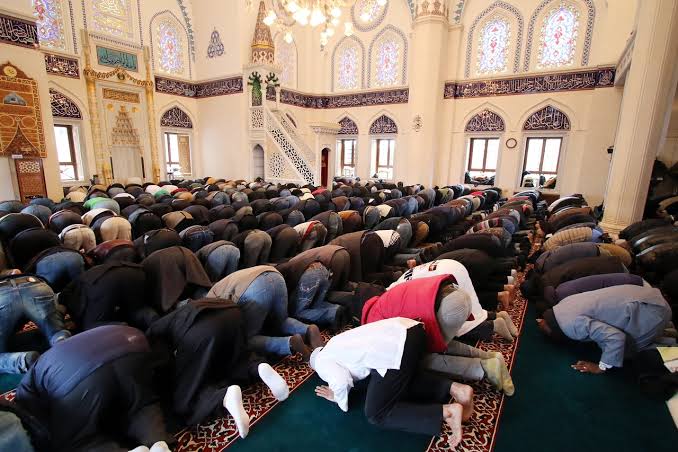MUSLIM POPULATION IN JAPAN CAUSES RELIGIOUS TENSIONS

Japan's religious landscape has changed as is evident from the number of mosques that increased in the last two decades. The change is not due to intercaste marriages but due to increasing number of migrants . The number of Muslims in Japan was estimated to be between 10,000 to 20,000 in the year 2000 while the current estimates are of over 200,000. That is a ten-fold increase in less than one generation
Also, mosques that used to be an uncommon sight in Japan are no longer rare. As of March 2021, there were 113 mosques in Japan, up from only 15 in 1999.
Islam and Shinto are two distinct religious traditions with unique beliefs and practices. While both religions offer guidance and spiritual meaning to their followers, they differ significantly in their origins and core beliefs.
Islam originated in the 7th century, it emerged as a monotheistic religion centered on the belief in one God, Allah, and the teachings of the Quran, considered the holy book of Islam. A video has been going viral on social media wherein a man in yellow attire can be seen vandalising a worship place. The video is reportedly from the Tarumi Ward in Japan’s Kobe City where the accused identified as Mamadou Balde had vandalised the Mizuoka Hachiman shrine in the area.
Muslim migrant damaged a Shinto shrine and threatens Japanese local not to pray there because ‘Allah is the only god’, arrested

















